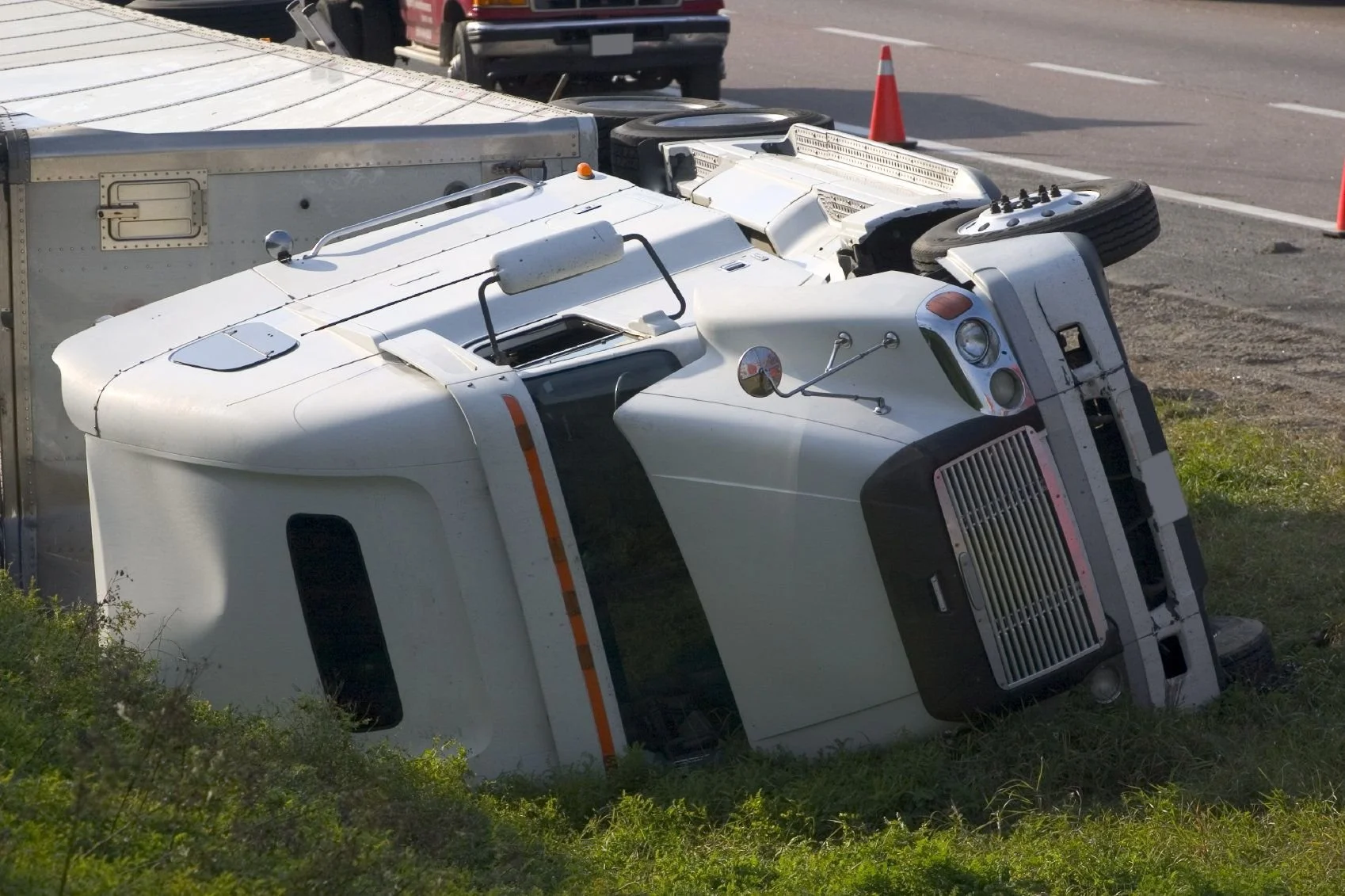FMCSA Issues Emergency Rule Restricting Non‑Domiciled CDLs
In a bold regulatory move, the Federal Motor Carrier Safety Administration (FMCSA) announced an emergency interim final rule that immediately tightens eligibility for non‑domiciled commercial driver’s licenses (CDLs). This action bypasses the standard notice‑and‑comment process, citing systemic state-level violations and multiple deadly crashes involving non‑domiciled CDL holders in 2025.
Under the new rule, only foreign nationals holding H‑2A, H‑2B, or E‑2 visas will be eligible for non‑domiciled CDLs or commercial learner’s permits (CLPs). Holding an Employment Authorization Document (EAD) alone will no longer qualify an applicant. The rule took effect the day it was published in the Federal Register, meaning states and applicants must comply immediately.
Why FMCSA Declared a “Crisis”
FMCSA says this drastic measure is needed to address what it called a “two‑front crisis”: overly permissive licensing rules at the federal level, and widespread noncompliance by state driver licensing agencies (SDLAs). In its 2025 audits, FMCSA found alarming practices:
In California, about 25 percent of non‑domiciled CDLs examined were improperly issued— some remaining valid years beyond the holder’s lawful U.S. presence.
Similar patterns of lax oversight were identified in Colorado, Pennsylvania, South Dakota, Texas, and Washington.
In 2025 alone, FMCSA documented five fatal crashes involving non‑domiciled CDL holders, which resulted in 12 deaths and 15 injuries. In several cases, the drivers would not have qualified under the new rule.
FMCSA declared that the prior regulatory structure failed to provide a sufficient safety margin and that immediate action was required to protect the traveling public.
What the New Rule Requires of States and Applicants
The rule imposes strict new standards and procedures for state licensing agencies and foreign driver applicants. Key requirements include:
Pause on issuance & renewal: States must stop issuing or renewing non-domiciled CDLs/CLPs until they prove compliance with the rule.
Document verification via SAVE: Applicant eligibility must be verified through the Department of Homeland Security’s Systematic Alien Verification for Entitlements (SAVE) system.
In‑person renewals: Online or mail renewals will no longer be allowed—every renewal must be done in person.
Expiration alignment: Non-domiciled CDLs/CLPs must expire when the visa (Form I-94/I-94A) expires or in one year—whichever is sooner.
Record retention: Licensing agencies must retain application documentation for at least two years for auditing purposes.
License labeling: The word “non‑domiciled” must be conspicuously displayed on the face of the license.
Downgrade or revoke when eligibility lapses: States must downgrade or revoke credentials when status changes or when applicants no longer meet criteria.
FMCSA estimates that states will incur first-year compliance costs of about $70,000 each, totaling over $3.2 million across 46 impacted states.
What This Means for Drivers and Fleets
Massive Reductions in Eligible Drivers
The rule affects approximately 200,000 existing non-domiciled CDL holders and 20,000 CLP holders. FMCSA anticipates that only around 6,000 new applicants per year will qualify under the new criteria—representing a steep drop in eligibility.
Two‑Year Phase‑Out Period
To ease disruption, the rule allows a two-year transition period, giving carriers and drivers time to adapt. As CDLs come up for renewal, many will lose eligibility and exit the system.
Pressure on Recruitment & Retention
Carriers who relied heavily on non-domiciled drivers may face driver shortages as eligibility shrinks. Recruiting from the domestic pool could prove more expensive and competitive.
Strain on Licensing Systems
State agencies must overhaul protocols quickly—adjusting staffing, verification systems, document handling, and oversight—all while maintaining existing operations.
Risk of State Penalties
States that fail to comply may risk decertification of their CDL programs or losing federal highway funding. California, singled out for particularly severe abuse, was given a 30-day compliance deadline or risk losing hundreds of millions in federal funds.
The Bigger Picture & Future Trends
FMCSA and the Department of Transportation are sending a signal: licensing integrity and safety outweigh flexibility.
The interim rule may prompt legal challenges, but FMCSA justified the urgency by citing imminent public safety risks and dangerous precedent from prior non-domiciled licensing practices.
As federal oversight tightens, states and carriers will need to adapt quickly or face compliance failure or operational disruption.
Some analysts expect this rule may lead to short-term capacity tightening and increased pressure on freight rates, particularly in lanes heavily reliant on non-domiciled drivers.
For guidance on how your fleet can adjust to these new non‑domiciled CDL rules—and prepare your hiring, compliance, and driver strategies—contact Allcom Insurance at 866‑277‑9049 or email info@allcomins.com

